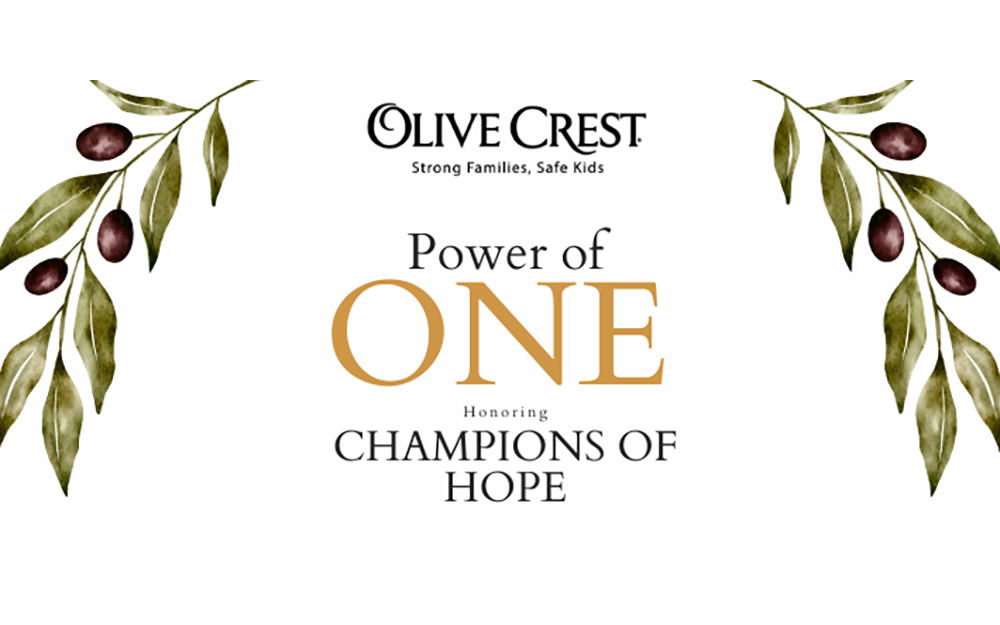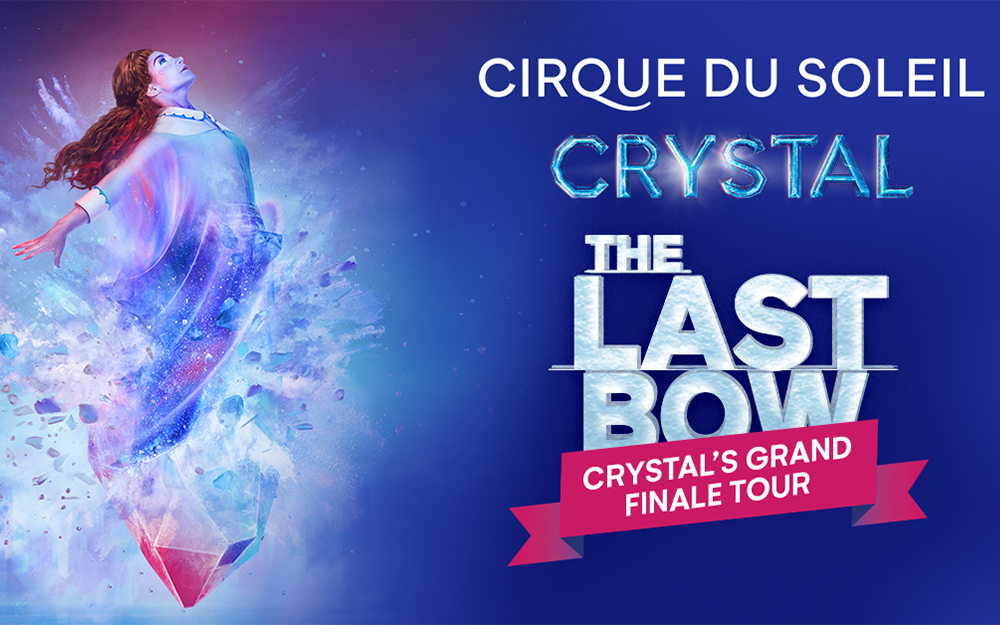
BY ELENI P. AUSTIN
“I was done at 16 showin’ up for class, I was out there in the ring learnin’ how to kick some ass/I was done at 16 usin’ my momma’s key, it was all on me, yes it was all on me.”
That’s Ani DiFranco getting up close and personal on “Play God,” a song off her new album, Binary. But that’s nothing new for an artist who has worn her heart (and her politics), on her sleeve since she began performing music nearly three decades ago.
Born in 1970, Ani grew up quickly in Buffalo, New York. As her parents’ marriage was coming apart at the seams, she gained solace from creating music. Encouraged by her guitar teacher, Mike Meldrum, she played her first gig at age nine. Soon after, she was busking on street corners and playing in bars, chaperoned by Mike.
Initially, her repertoire was primarily Beatles covers, but soon she began writing her own songs. She became an emancipated minor before her 16th birthday. Within a couple of years, she had relocated to New York City, intent on a music career.
Ani sharpened her skills in coffee houses, neighborhood bars and women’s centers. As her fan base grew, she was inundated with requests for tapes of her songs. She recorded a self-titled demo and the original run of 500 quickly sold out. She partnered with hometown friend and mentor, Scott Fisher (who is also a lawyer), and in 1990 founded her own label, Righteous Babe.
Throughout the early ‘90s, Ani toured the country in her VW Bug, her only companions were her acoustic guitar and a growing arsenal of songs. With her shaved head, tattoos and piercings, she was a target for rednecks and bigoted cops, (a topic she fully documents in the song “Every State Line”), but she persevered.
Her music was a sui generis combination of Punk and Folk. Whether she was dissecting failed romantic relationships, openly discussing her bisexuality or offering barbed social commentary, her highly personalized lyrics completely resonated with the young audiences that populated her shows.
The mainstream media began to pay attention. The Los Angeles and New York Times spotlighted her growing popularity and singular independence. She was celebrated in the pages of Rolling Stone and Ms. Magazine, and graced the covers of Spin and Musician. Major labels attempted to woo Ani, but she preferred the freedom (and higher profit margin) that Righteous Babe afforded her.
Although she was at her best performing live, with each successive album, Ani’s songwriting prowess grew in leaps and bounds. With her fifth effort, Out Of Range, she began a streak of watershed Efforts that included Dilate, (which chronicled a doomed affair with a married man), and Living In Clip, a two CD set that highlighted her charismatic live style. Her eighth album, Little Plastic Castle addressed the strict expectations she experienced with her newfound fame.
At the turn of the century, Ani wasn’t partying like it was 1999, she was touring non-stop, and releasing two albums, Up,Up,Up and To The Teeth, practically back-to-back. She also found time to collaborate with artists like Maceo Parker (formerly of James Brown’s JB’s), U. Utah Phillips and Prince.
As the new millennium dawned, she released the double album Revelling/Reckoning, a chronicle of her marriage (and subsequent divorce) from the married man she had obsessed over in Dilate. Based out of Ani’s hometown, Buffalo, Righteous Babe had become a formidable indie. Her own music was selling well enough to allow the label to sign other acts. They even saved a historic downtown church from the wrecking ball. After they bought the building, RBR painstakingly restored it, and by mid-decade it had become label headquarters and housed the performance space, Babeville.
Ani continued to release music at a furious clip. Another live album, 2002’s So Much Shouting, So Much Laughter, featured the Lil Folksinger with a full band, she quickly followed up with largely acoustic efforts, Evolve in 2003 and Educated Guess in 2004. The next year she partnered with musician/producer Joe Henry and created one of her most enduring albums, Knuckle Down, which explored her newfound romantic relationship With engineer/producer, Mike Napolitano.
Not long after she completed the Knuckle Down tour and the release of Reprieve in 2006, Ani was sidelined with a serious case of Tendonitis. Unable to play guitar or tour for nine months, she finally slowed down…and became pregnant.
Ani and Mike welcomed their daughter, Petah, at the beginning of 2007. Two years later they were married. Ani continued to tour and record sporadically. Red Letter Year arrived in 2008, ? Which Side Are You On? was released in 2012. The following year was devoted to the arrival of Ani and Mike’s son, Dante, and in 2014 she released Allergic To Water. She has now returned with her 20th studio album, Binary.
The album gets off to a rollicking start with the title track, a socially conscious and erudite diatribe cloaked in a frenetic Funk workout. Over a stuttery kick-drum beat, slithery organ flourishes, spiky guitars and squiggly sax fills, Ani spits out a political call to arms with rat-a-tat precision.
Surveying this country’s divisive climate she is anxious but eloquent; “In the blue glow of gizmos lurk despots in diapers, and cyborgs with bull horns and crackpots and snipers/Like robots so cold with such ease they dismiss you, sooner fuck you than kiss you, sooner kick you and diss you.” Finally she asks “Where are my brothers, where are my sisters, where are my family who take care of each other?”
Ani’s last album felt like a reaction to her prolonged period of nesting with her husband and children, clearly the new record was inspired by the recent Presidential election, which dealt a series of body blows to the progressive agenda. On three tracks she plants herself in the turbulent combat zone of the current culture wars.
“Alrighty” is powered by akimbo percussion, angular guitars and modal violin accents. Ani gently points out the illogical inconsistencies in believing in a patriarchal diety; “Alrighty, for what it’s worth, next time I watch a man give birth, I’ll try and picture the creator as a dude with a beard/Cuz right now I gotta say it’s seeming kind of weird.” She also takes organized religion to task; “See how quickly shit gets absurd, you invent angels then you ignore birds/You forget to actually listen to the messengers while you’re writing and reciting your own goddamn words.”
The arrangement on the aforementioned “Play God” blends jumped-up Blues with a Funkified undertow. Swiveling bass lines switch and sway under sputtery guitar, billowy horns and tinkly piano. As usual, her lyrics are wildly autobiographical, declaring only women should be in charge of their bodies; “I pay the price on top of everything, each month a bill each month a reckoning/And each seed that dies, I cry and I bleed, so you can’t tell me.”
Finally, “The Pacifist’s Lament” make’s its point in a gentler fashion. An elegiac melody is cushioned by splayed guitar notes, rippling keys, an ebb and flow horn section and a vampy rhythm that thwoks in ¾ time. The lyrics are a quiet cri de couer that rails against the violence that pervades our culture. She notes “there is nothing harder than to stop in the middle of a battle and say you’re sorry/ But we ask it of our children to just stop in the middle of a battle and say you’re sorry.” Then she plaintively asks “Which one of us is ready to just stop?”
On two tracks, “Zizzing” and “Terrifying Sight,” Ani gets vocal assists from some well-known friends. The former features Jason Vernon (a.k.a. indie Folk savant, Bon Iver) adding his hushed tones to primitive off-kilter percussion, skittering violin runs and searching guitar chords. Here the lyrics ruminate over a failed romance; “Where did I go wrong with you,” she implores, “tell me where did I?”
The latter is twitchy and pulsating, sanguine and soulful. Ani is joined by singer-songwriter Gail Ann Dorsey (best known as a touring bassist for David Bowie, Tears For Fears, Lenny Kravitz and the B-52’s). The lyrics speak to Ani’s experience as a socially conscious Feminist as she notes “I look to my left, I look to my right, I have to admit it’s a terrifying sight.” A squally guitar solo underscores her trepidations.
The most winning songs here look inward, or stick close to home. “Telepathic” finds Ani questioning the efficacy of clairvoyance as she quietly notes “goin’ behind people’s eyes is a dangerous game.” The effervescent melody is propelled by a hopscotch rhythm, keening violin, prickly guitar riffs, roiling bass and shimmery vibraphone
“Evenmore” is a tart encomium to her husband and children and their surprising domestic bliss. Pliant piano runs collide with chiming acoustic guitar and punchy horns and Ani confides “Ain’t nothin’ changin’ about my passion, now that we both got tired asses, I think I love you even more.”
Other interesting tracks include the jagged and jittery “Spider” and the slinky bottleneck Blues of “Sasquatch.” There Ani archly informs an elusive Bigfoot “your hairy don’t scare me, I dine on chicanery.” The album closes with the tender panegyric of “Deferred Gratification.” The melody is anchored by a slowed kick-drum beat, a trilling horn section, rumbling bass, honeyed acoustic guitar and fluttery, rustic violin that glimmers and glides.
The lyrics pay homage to anyone who has spent their lives in the service of others. This includes parents, soldiers and most especially the 44th President of the United States. Ani has gone on record dedicating this song to Barack Obama and thanking him for being “the most awesome fucking human being any citizen could ever have the privilege to vote for. (He) lifted us up and gave us our pride back.” She goes on to ask the Goddess to “give us the strength to harness that belief in ourselves now and go forward.”
Anyone who has followed Ani would expect nothing less; the personal and political blur. For her, talking about parental responsibilities naturally segues into a heartfelt tribute to President Obama.
Ani produced Binary, which was mixed by musician/producer Tchad Blake who has worked with everyone from Elvis Costello and Los Lobos to the Pretenders, The Black Keys, Pearl Jam and U2. While she tackled all the guitar, mellotron and orchestron parts, Ani was accompanied by her longtime touring band, bassist Todd Sickafoose and drummer Terence Higgens.
An all-star cast also pitched in, including a killer horn section that features the legendary Maceo Parker on alto saxophone, Skerik on tenor and baritone sax, Alonzo Bowers on clarinet, Bobby Campo on trumpet and Mark Mullins on trombone. Ivan Neville, (scion of Big Easy institution, Aaron, he has played with Bonnie Raitt, the Stones and Keith Richards), tackles piano, bass, organ and wurlitzer. Violinist Jenny Scheinman adds color and texture to nearly every track. Even Petah Napolitano provided backing vocals on “Evenmore.”
Binary doesn’t immediately grab by the balls (um, ovaries?), not in the way albums like Dilate, Little Plastic Castle and Knuckle Down have in the past. But given the chance, the album quietly unfolds. Ani’s activism is engaging, affecting and intimate, never didactic or preachy.
The Lil Folksinger with the shaved head has been supplanted by a maternal Folk-Punk warrior who continues to champion her causes. As the stakes have gotten bigger, so has the music.









































